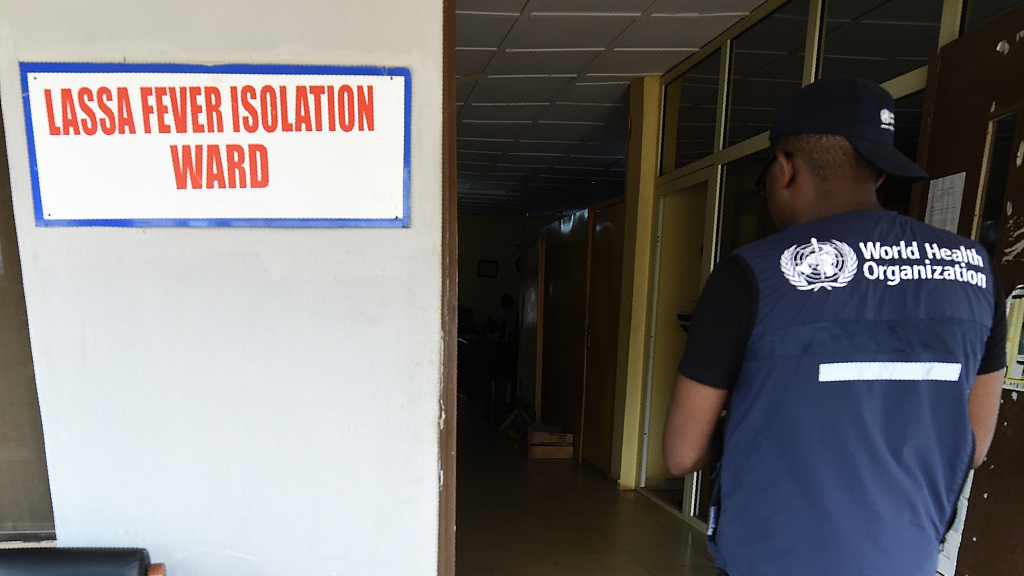
Liberia's health ministry declared a health emergency on Monday, following the outbreak of Lassa fever that has so far claimed 21 lives this year.
Liberia's chief medical officer Francis Kateh claims that four counties had been affected by the disease, a viral hemorrhagic fever caused by the Lassa virus.
"What is more concerning to us is the fact that when health workers that have the authority and have been trained to identify and take care of others are being infected, then that escalates the process to another level," said Kateh.
25 confirmed cases have been recorded between January 1 and August 25, and a laboratory technician has also been identified among those killed in the outbreak.
The disease has so far spread across the counties of Nimba, Grand Bassa, Bong, and Grand Kru, the official noted, saying the case fatality rate is up to 36 percent, with 56 percent confirmed cases infecting males.
The situation is alarming and becoming a major issue of concern as it is growing out from Bong County to Lofa County – the areas identified as "Lassa Belt" in the country.
In general, the Lassa fever escalates during the dry season in the West African countries, including Sierra Leone, Liberia, Guinea and Nigeria, according to the U.S. Center for Disease Control.
Director-General of the National Public Health Institute Tolbert Nyenswah described the disease as "second Ebola" and called for tougher measures to contain it.
"Lassa is second Ebola, no need to hide the information. It's better we put the information out there; the situation we're dealing with and how we can prevent it," said Nyenswah, "it's important that we raise this and let the general public know that there are a couple of things they can do."
Humans usually become infected with the Lassa virus from exposure to urine or feces of infected rodents or rats. The Lassa virus can spread by unprotected sexual interaction and contaminated medical equipment, for example, reused needles. Other than common preventive measures such as washing hands regularly, the World Health Organization has recommended keeping cats.
(with input from Xinhua)
Read more: Nigeria struggles to contain dramatic spread of deadly Lassa fever


